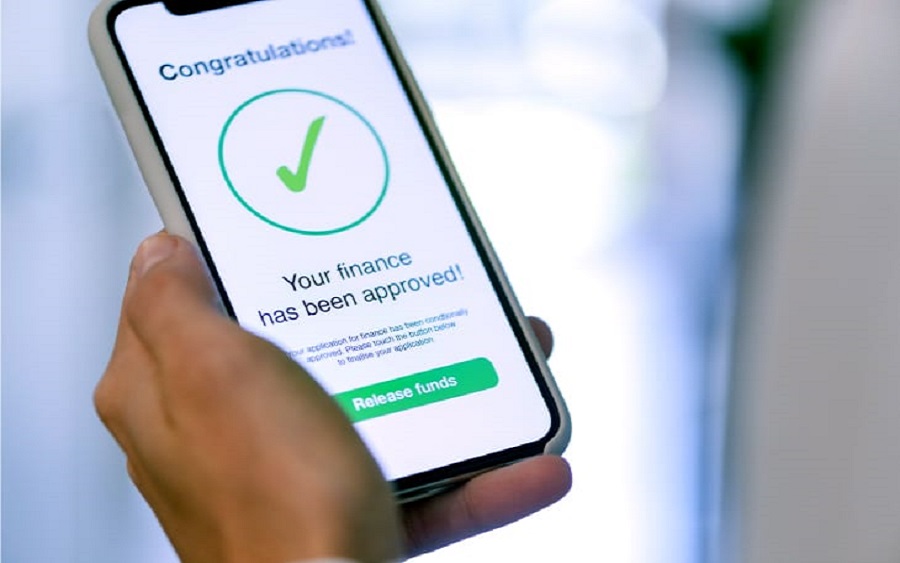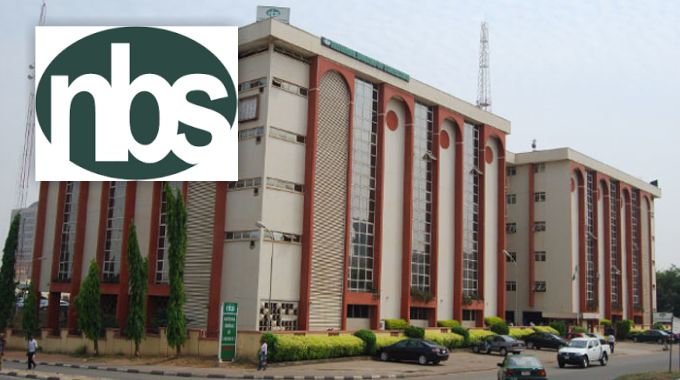
The Nigerian government has said it will clamp down on loan apps involved in illegal debt recovery and exploitation of consumers.
The crackdown comes amidst an upsurge in violations of the Interagency Joint Task Force’s Limited Interim Regulatory/Registration Framework and Guidelines for Digital Lending 2022.
While some digital money lenders (DMLs) have offered financial access to many individuals, the industry’s dark side looms large, with some loan sharks employing unethical and illegal tactics to collect debts. These illegal debt recoveries include forgery, impersonations, and privacy breaches, which are causing fear and distress among borrowers.
Still, many Nigerians turn to loan apps to meet financial needs as inflation bites harder, with the rates reaching a staggering 28.92% in December 2023 from 28.20 percent in November, according to the National Bureau of Statistics (NBS).
The current inflation surge is significantly impacting Nigerians’ ability to maintain their standard of living, leading to difficult adjustments like reduced spending and potentially increasing the risk of loan defaults.
FCCPC’s boss, Adamu Abdullahi, noted in a statement on Monday that the commission understands the increased demand for loans during this period, leading to a higher risk of default due to large numbers and typical cash flow challenges.
“However, the solution cannot be to violate law or utilise unethical recovery methods,” Abdullahi said .He said that the commission is “intensifying enforcement efforts and adopting a zero-tolerance stance towards any exploitation of consumers or abusive conduct, whether in balance calculations, loan default enforcement, or recovery processes.”
Abdullahi added that, in the coming days, the commission will be engaging approved loan apps to a stricter compliance framework, including any additional requirements where applicable and possible mechanisms for otherwise blacklisted apps.
“The Commission will welcome demonstrated and timely compliance by all legitimate operators in order to promote and enhance fairness to consumers and fairness among competitors,” he said.
“With respect to operators that do not possess the Commission’s approval, the scrutiny process will include law enforcement action against such, in addition to regulatory prohibition and consequences.”




